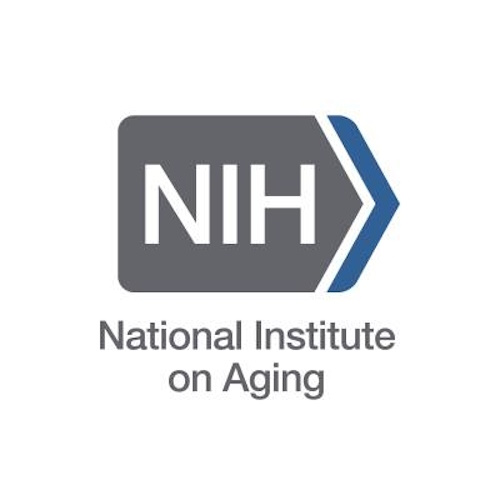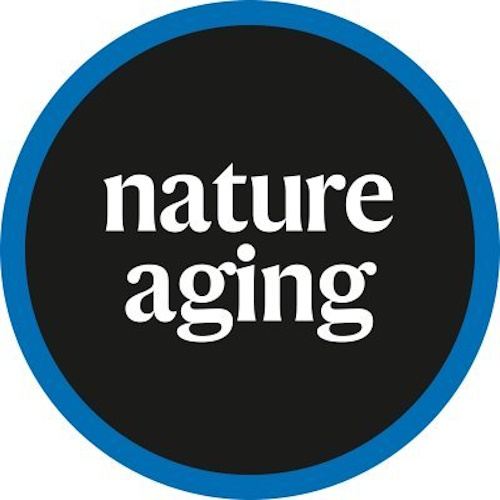Key points from article :
A study conducted by the University of Minnesota Medical School explored the connection between stress and aging. It examined how exposure to social and psychological stress could accelerate aging and affect health in preclinical models. The researchers discovered that social stress led to DNA damage and signs of aging in neurons in the brain, including the hippocampus and cortex, suggesting that stress can speed up the aging process.
The research was inspired by existing studies showing that stress, low socioeconomic status, and life challenges can negatively impact aging and health. However, pinpointing the exact biological causes in humans had been difficult. This study provided insights into how stress contributes to aging by increasing markers of cellular senescence and DNA damage.
The findings suggest that stress impacts several biological mechanisms that are key to aging. Future studies will focus on understanding these mechanisms further and investigating whether targeting them could help protect against the harmful effects of stress on aging.
The research was funded by the National Institute on Aging and the MN Partnership for Biotechnology and Molecular Genomics. It was a collaboration between the University of Minnesota Medical School and the Mayo Clinic, with multiple research teams involved.
The study was published in Nature Aging. It adds valuable knowledge to the understanding of how stress influences aging and points to new areas of exploration for improving health as people age.
The study’s findings are expected to inspire future research on how life stress impacts aging and whether interventions could help reduce the health risks associated with stress.








